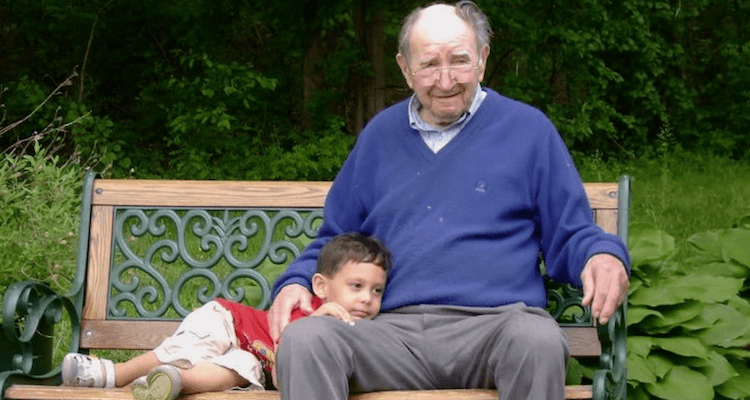June 6, 2018 - Stephen S Bowman's Blog
June is Brain and Alzheimer’s Awareness Month and a Time to Reflect
June 6, 2018
Dear Editor
Re: June is Brain and Alzheimer’s Awareness Month and a Time to Reflect
Despite the fact that 5,500,000 Americans currently suffer from Alzheimer’s, and it is a deadly assault now facing Baby Boomers, it is a crisis too rarely considered until the crisis is our own. In fact, 40% of those reading these words will be directly affected by this disease if you or your spouse reach the age of seventy-five. So rather than wait until the calamity is upon you, it may be wise to prepare yourself with some facts, as knowledge is always a friend in need. The following five points could prove to be friends indeed.
- If you want to provide comfort and gentle stimulation to someone with Alzheimer’s, you will most likely be effective by stimulating their long term joyful memories. The disease process usually initially assaults those parts of the brain that controls short-term memories, so that discussions about current events, or playing memory games will likely only create frustration and irritation.
- The goal of a memory care program should not be to save short term memory through a pharmaceutical regimen. They don’t work, not even jellyfish supplements. The goal of a meaningful program should be an attempt to help the afflicted maintain a connection with themselves. This signpost has been obvious on even the earliest days of the discovery of the disease. When Dr. Alzheimer asked his first patient that bears his name how she felt, she replied, “I am losing myself.” This is our greatest fear for ourselves and our loved ones.
- The most important long-term memories to offer comfort for our loved ones, and maintain a connection to one’s self, are our formative religious memories. I often joke in giving talks that I was a raging atheist in my twenties, but I was an altar boy when I was ten, and that altar boy will always be in me. Spirituals, the rosary, Mass, and reciting the Haggadah, are all examples of how we can touch reassuring long-term memories that are all potentially skeleton keys to the self.
- It is a great tragedy in our country, that when family members are no longer recognized by a loved one with Alzheimer’s, they quickly conclude that they are gone; “that is not my mother” and they withdraw from providing care. This apparently prolonged morbidity and quick abandonment make for a terribly lonely and horrifying death. Even though loved ones can go unrecognized, the afflicted continue living in time and space and remain emotionally connected with those around them. Without family, a sense of meaning is impossible, nor is resolution and forgiveness.
- If long term memories are often key to offering joy to those afflicted by Alzheimer’s, what happens when those memories are terrifying? Suppose someone was sexually abused, lived through terrible poverty, infidelity, or alcohol abuse. This will then lead to irrational outbursts, violence and paranoiac behaviors as those suppressed memories can no longer be managed. In these situations, they should be validated in what they are feeling by asking them “what” questions but not “why” questions. They don’t have the cognitive ability for self-analysis. For example, if a woman tells you her father, who has been dead for forty years, has just called to invite her to dinner, you should not tell her that he died in a car accident forty years ago, nor should you lie and say that he just called back to say he couldn’t make it after all, You should say “tell me about your father, what did he like to eat”? Let them talk about what is on their mind so they can release emotional pressure. If a woman tells you there is a man under her bed, ask” “did he come when your husband was alive”? All behavior has a cause in the past and is where they are living.
In approaching a loved one descending into Alzheimer’s always remember to approach them through their past with empathy, and compassion. Seize the opportunities offered by unconditional love for both your loved one and for yourself
Thank you,
Stephen Sarsfield Bowman
President
Peregrine Senior Living







